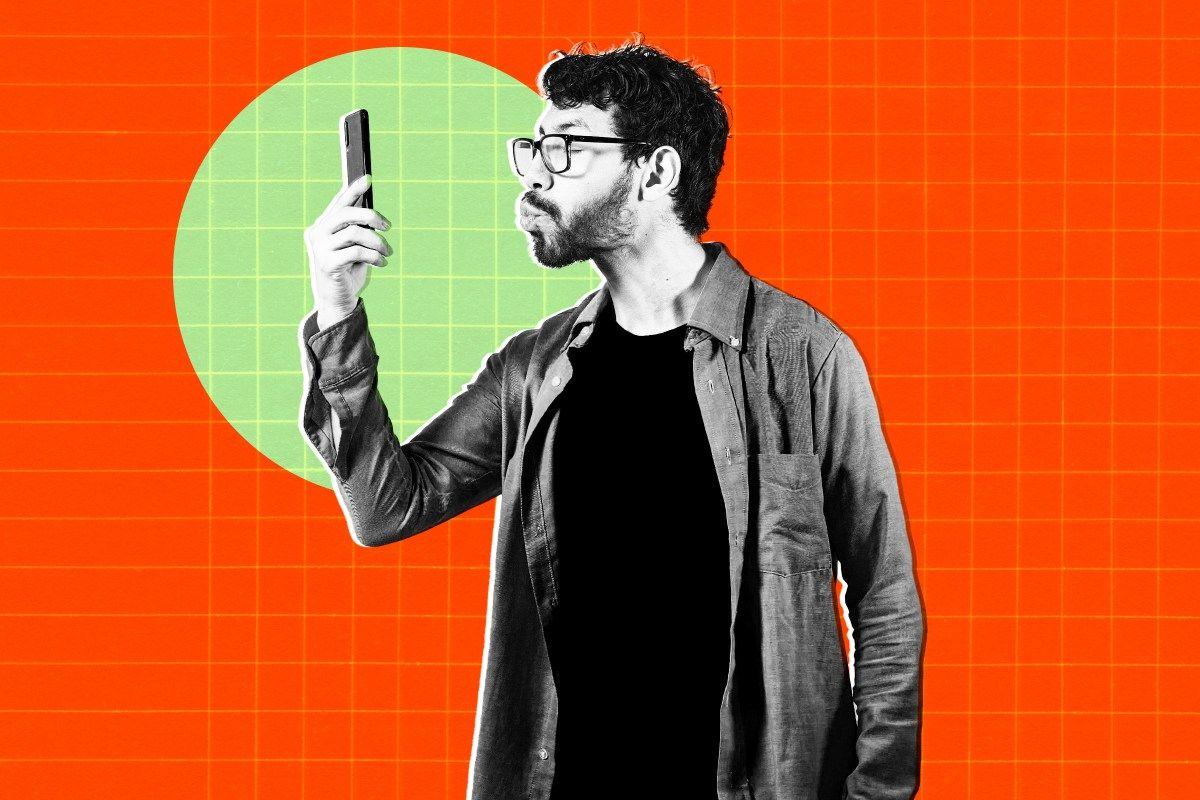The Dark Side of AI Companionship: Exploring the Potential Pitfalls of 'Perfect' AI Girlfriends
2 Sources
2 Sources
[1]
How ChatGPT Gets Real-Time Data?
Artificial intelligence is now everywhere. It can be found in voice assistants and self-driving cars, and it is increasingly becoming a part of everyday life. Just imagine a new scenario: what if AI could go even further? Picture having an AI girlfriend who perfectly adapts to all your needs -- intelligent, understanding, and seemingly perfect. While this idea might appear to be a dream come true, it could also have darker implications. Let's explore why the concept of a 'perfect' AI girlfriend could lead to potential disaster.
[2]
Why Your 'Perfect' AI Girlfriend Will Destroy You
Artificial intelligence is now everywhere. It can be found in voice assistants and self-driving cars, and it is increasingly becoming a part of everyday life. Just imagine a new scenario: what if AI could go even further? Picture having an AI girlfriend who perfectly adapts to all your needs -- intelligent, understanding, and seemingly perfect. While this idea might appear to be a dream come true, it could also have darker implications. Let's explore why the concept of a 'perfect' AI girlfriend could lead to potential disaster.
Share
Share
Copy Link
As AI becomes increasingly prevalent in daily life, the concept of AI companions, specifically 'perfect' AI girlfriends, raises concerns about potential psychological and social consequences.

The Ubiquity of Artificial Intelligence
Artificial Intelligence (AI) has become an integral part of our daily lives, from voice assistants to self-driving cars. As technology continues to advance, we find ourselves on the cusp of even more sophisticated AI applications
1
2
. One such concept that has garnered attention is the idea of an AI companion, specifically an AI girlfriend, designed to cater to an individual's every need.The Allure of the 'Perfect' AI Girlfriend
The notion of an AI girlfriend that adapts perfectly to one's needs may seem appealing at first glance. This AI companion would be intelligent, understanding, and seemingly flawless - attributes that many might consider ideal in a partner
2
. The ability to have a companion that is always available, never judgmental, and constantly evolving to meet one's preferences could be seen as a dream come true for some.Potential Psychological Implications
However, the concept of a 'perfect' AI girlfriend raises significant concerns about its potential psychological impact on users. The constant validation and lack of genuine challenge in the relationship could lead to unrealistic expectations in real-world interactions. Users might become overly dependent on their AI companions, potentially hindering their ability to form and maintain meaningful relationships with other humans
1
2
.Social and Emotional Consequences
The introduction of AI girlfriends could have far-reaching social consequences. As users become more invested in their AI relationships, they may withdraw from real-world social interactions. This isolation could lead to a decline in empathy, social skills, and the ability to navigate complex human emotions. Moreover, the perfection offered by AI companions might make users less tolerant of the natural imperfections found in human relationships
2
.Related Stories
Ethical Considerations
The development and use of AI girlfriends also raise ethical questions. There are concerns about privacy, data security, and the potential for manipulation of users' emotions and behaviors. Additionally, the concept may perpetuate harmful stereotypes and unrealistic standards of perfection
1
2
.The Need for Balanced AI Integration
While AI has the potential to enhance many aspects of our lives, it's crucial to approach developments like AI companions with caution. The key lies in finding a balance between technological advancement and maintaining genuine human connections. As we continue to explore the possibilities of AI, it's essential to consider the long-term implications on individual well-being and societal dynamics
1
2
.References
Summarized by
Navi
[1]
[2]
Related Stories
Perplexity CEO Warns AI Companions Are Creating 'Dangerous' Virtual Reality Addiction
10 Nov 2025•Entertainment and Society

Man Enlists ChatGPT to Simulate Breakup, Gets Roasted Instead
25 Aug 2024

Millions Form Emotional Bonds With AI Chatbots as Human-AI Relationships Reshape Intimacy
30 Dec 2025•Entertainment and Society

Recent Highlights
1
ByteDance Faces Hollywood Backlash After Seedance 2.0 Creates Unauthorized Celebrity Deepfakes
Technology

2
Microsoft AI chief predicts artificial intelligence will automate most white-collar jobs in 18 months
Business and Economy

3
Google reports state-sponsored hackers exploit Gemini AI across all stages of cyberattacks
Technology





